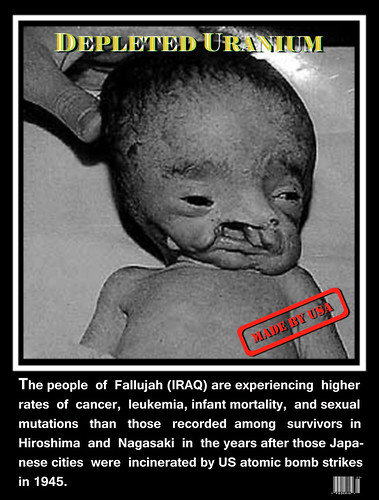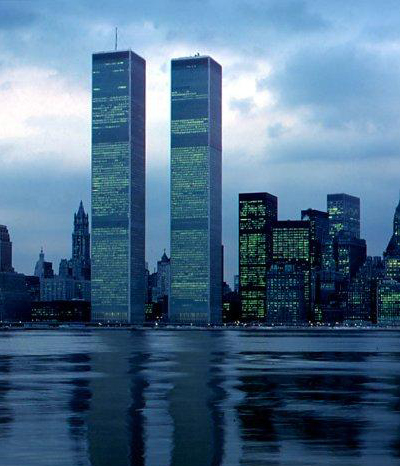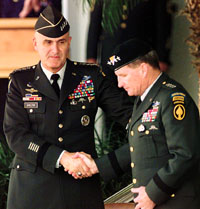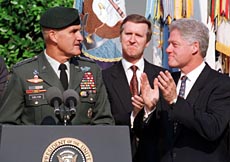757 Pentagon - nice recap

Victor Thorn Interviews Former CNN Reporter Who Was First on Scene at Pentagon on 9-11
By Victor Thorn
There's an old saying: Don't spit on my leg and tell me it's raining. Likewise, don't show me a photo taken only minutes after the 9-11 Pentagon "event" and insist that a Boeing 757—which is 155 feet long with a 124 foot wingspan and weighs 100 tons—crashed into America's military nerve-center.
During an Oct. 19 interview, this writer questioned former CNN correspondent Jamie McIntyre about the 200,000 pounds of missing wreckage. McIntyre was one of the first establishment reporters on the scene soon after the Pentagon event and has been cited repeatedly by researchers exploring alternative views about what happened on the morning of Sept. 11, 2001.
McIntyre tried to explain, "What was left of the plane broke into thousands of tiny pieces. Most of it was destroyed."
However, McIntyre's own words delivered during a live CNN broadcast on the morning of Sept. 11, 2001 betray this sentiment. "From my close-up inspection, there's no evidence of a plane having crashed anywhere near the Pentagon."
That tragic morning, he continued, "There are no large tail sections, wing sections, fuselage, nothing like that anywhere around which would indicate that the entire plane crashed into the side of the Pentagon."
Later, as possible "damage control," McIntyre objected that his comments were taken out of context. But were they? Pentagon officials initially excused the lack of physical wreckage by saying the plane, including its black boxes and flight data recorders, "vaporized."
Yet, deceased employees and passengers were identified by DNA, fingerprints and drivers licenses. How could aluminum and high-grade steel completely disintegrate, while flesh and plastic documents remained intact?
McIntyre responded, "It's inexplicable how some stuff survives. It's a fluky situation what makes it through and what doesn't. It's not inconsistent for some fragile things to survive while other strong things don't."
In other words, we're supposed to believe this preposterous spin instead of our own eyes. Also, why is only one 18-foot hole visible on the Pentagon's exterior ring? Government spokesmen said it was created by Flight 77's fuselage, yet a Boeing's nose is described by aviation experts as a weak eggshell, a sausage skin, or an empty beer can. Airplane mechanics cast serious doubt on whether a fuselage could penetrate three immensely strong reinforced concrete walls.
McIntyre admitted to AFP that never once did he interview any structural engineers to determine why the plane's five-ton engines didn't create any holes. In fact, McIntyre never interviewed a single pilot to determine if Hani Hanjour—who could barely drive an automobile and was refused permission to rent a Cessna prop plane months before 9-11—could have commandeered the large, sophisticated, unwieldy aircraft said to have hit the Pentagon. He called the matter "immaterial."
Moreover, McIntyre failed to interview any air traffic controllers to ascertain whether a Boeing 757 could execute a 7,000-foot drop in 2.5 minutes while pulling a sharp 270-degree turn. Nor did he interview a single airline technician to verify if this aircraft could perform such top-gun maneuvers. Neither did he contact a single physician in regard to whether Hanjour would have lost consciousness in flight, due to the G-forces.
McIntyre also neglected to interview any photographic experts or search-and-rescue workers in regard to why no wreckage appeared in the initial photos. Additionally, prof. A.K. Dewdney of Western Ontario University conducted numerous experiments which determined that cell phone calls could not have been made by passengers that morning. Such technology only became available in 2004. Pilot Russ Wittenberg confirmed to AFP that these devices couldn't lock onto cell phone towers from the heights or speeds claimed by the government.
Inexplicably, McIntyre didn't contact a single electronics expert to verify the authenticity of these calls. When asked if he viewed any of the 84 confiscated videotapes that the Pentagon has refused to release under FOIA requests to this day, McIntyre responded in the negative. AFP followed-up, "Has there ever been any conclusive video footage where Flight 77 is unmistakably seen striking the Pentagon?"
McIntyre replied, "As far as we know, there is no video footage comparable to WTC 2 being struck in New York."
Despite the Pentagon's enormous surveillance systems, the government can't produce even one identifiable photograph of Flight 77 crashing into this highly secure facility. Moreover, McIntyre didn't witness the crash, and only arrived on the scene 45 minutes later. Worse, he confessed to not doing any research into alternate explanations, while adding, "I'm not aware of anyone at CNN exploring these subjects in any detail."
By his own admission, McIntyre couldn't provide evidence of interviewing a single individual whose perspective differed from the government's official version of 9-11.
He justified this lack of intellectual and journalistic curiosity with the following mantras: (a) All evidence points in only one direction, (b) There are no plausible alternatives, (c) These aren't relevant lines of questioning, and (d) All this might make sense if we didn't know whether American Airlines Flight 77 hit the Pentagon. But we do know that for a fact, so all this other debate and analysis is irrelevant.
Unfortunately, McIntyre still does not realize that this type of lazy elitist arrogance is why a growing number of Americans don't trust the corporate media.
He did acknowledge, "It's good to keep an open and skeptical mind because the government doesn't always tell the truth."
But by neglecting to investigate a single aspect of this story that contradicts the government's version, CNN, McIntyre, and his mainstream media colleagues, epitomize lapdog journalism at its shoddiest.
(there is a great youtube video)





















 Earth's magnetic field:
Earth's magnetic field:

